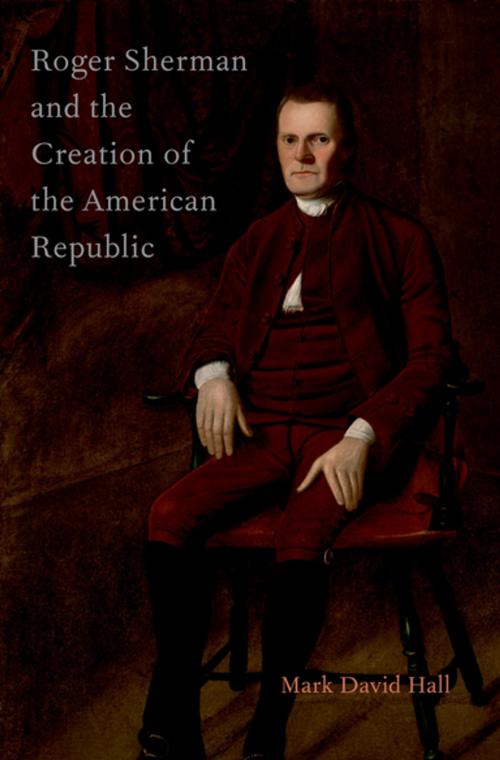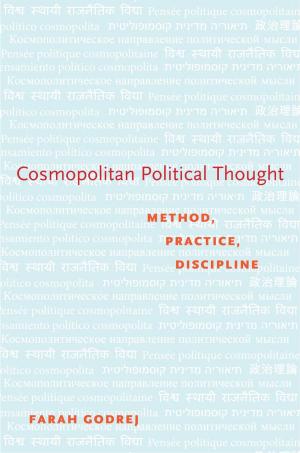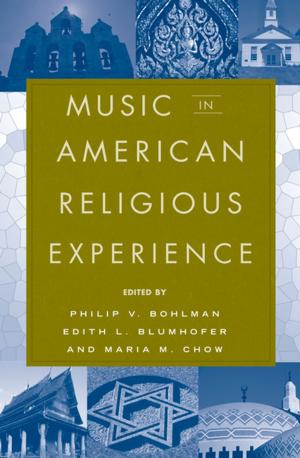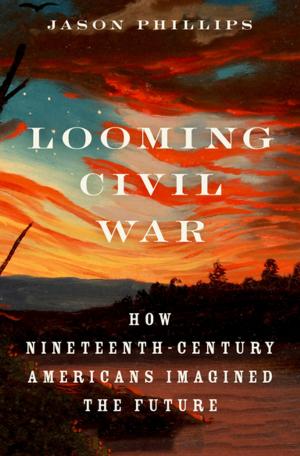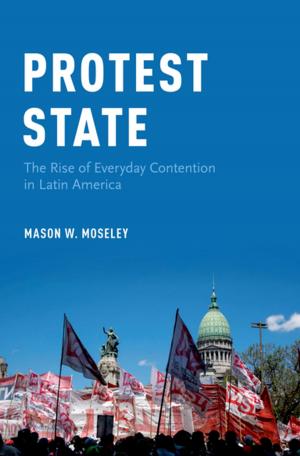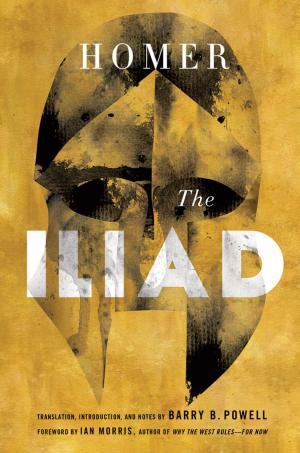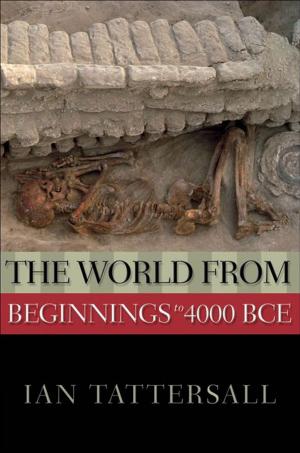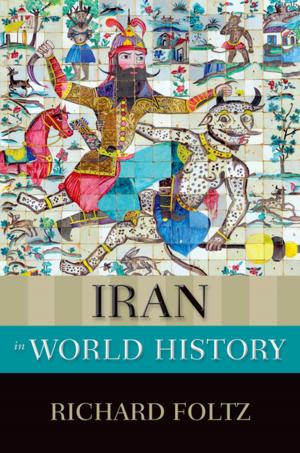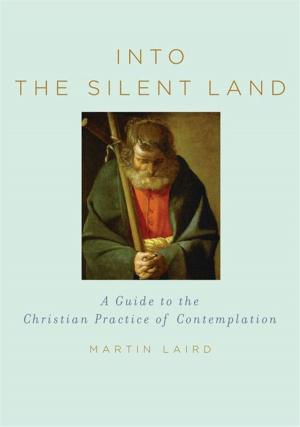Roger Sherman and the Creation of the American Republic
Nonfiction, Religion & Spirituality, Christianity, Church, Church & State, Church History, History, Americas, United States, Revolutionary Period (1775-1800)| Author: | Mark David Hall | ISBN: | 9780199996230 |
| Publisher: | Oxford University Press | Publication: | November 6, 2012 |
| Imprint: | Oxford University Press | Language: | English |
| Author: | Mark David Hall |
| ISBN: | 9780199996230 |
| Publisher: | Oxford University Press |
| Publication: | November 6, 2012 |
| Imprint: | Oxford University Press |
| Language: | English |
One of leading figures of his day, Roger Sherman was a member of the five-man committee that drafted the Declaration of Independence and an influential delegate at the Constitutional Convention. As a Representative and Senator in the new republic, he had a hand in determining the proper scope of the national government's power as well as drafting the Bill of Rights. In Roger Sherman and the Creation of the American Republic, Mark David Hall explores Sherman's political theory and shows how it informed his many contributions to America's founding. A close examination of Sherman's religious beliefs provides insight into how those beliefs informed his political actions. Hall shows that Sherman, like many founders, was influenced by Calvinist political thought, a tradition that played a role in the founding generation's opposition to Great Britain, and led them to develop political institutions designed to prevent corruption, promote virtue, and protect rights. Contrary to oft-repeated assertions that the founders advocated a strictly secular policy, Hall argues persuasively that most founders believed Christianity should play an important role in the new American republic.
One of leading figures of his day, Roger Sherman was a member of the five-man committee that drafted the Declaration of Independence and an influential delegate at the Constitutional Convention. As a Representative and Senator in the new republic, he had a hand in determining the proper scope of the national government's power as well as drafting the Bill of Rights. In Roger Sherman and the Creation of the American Republic, Mark David Hall explores Sherman's political theory and shows how it informed his many contributions to America's founding. A close examination of Sherman's religious beliefs provides insight into how those beliefs informed his political actions. Hall shows that Sherman, like many founders, was influenced by Calvinist political thought, a tradition that played a role in the founding generation's opposition to Great Britain, and led them to develop political institutions designed to prevent corruption, promote virtue, and protect rights. Contrary to oft-repeated assertions that the founders advocated a strictly secular policy, Hall argues persuasively that most founders believed Christianity should play an important role in the new American republic.
